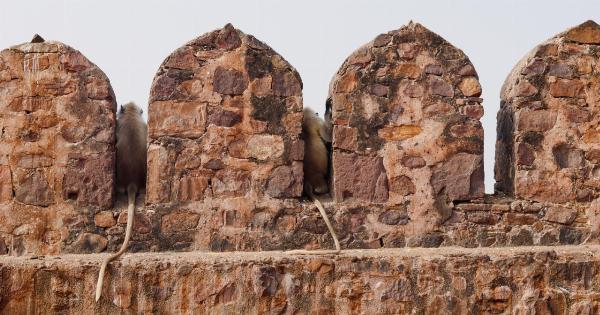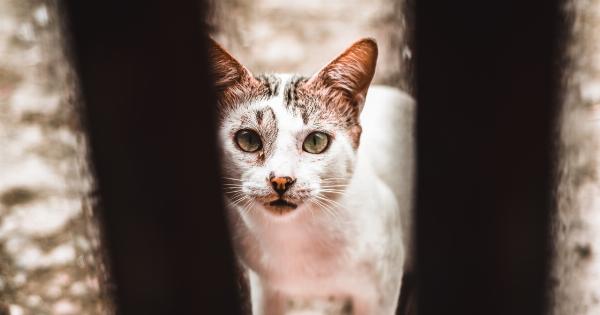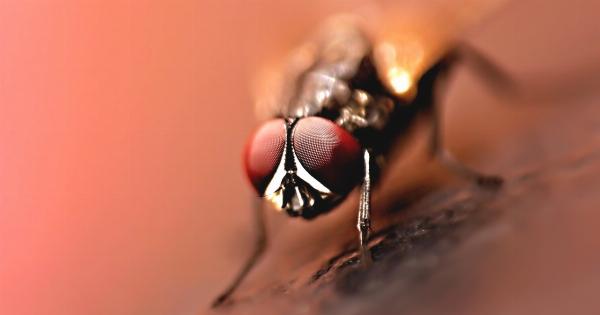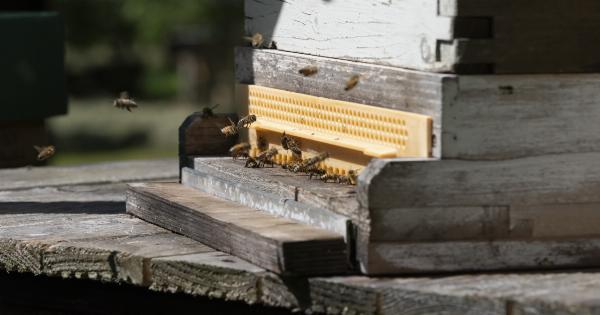The Plain of Monkeys is a contagious plant disease that affects fruit trees, ornamental trees, and shrubs.
It spreads by means of a small insect called the psyllid, which infects the leaves and twigs of the plant causing them to develop a mottled appearance. The Plain of Monkeys disease is a significant concern in Old Epirus, one of the largest fruit-growing regions in the world.
The Causes of Plain of Monkeys in Old Epirus
There are several factors contributing to the spread of Plain of Monkeys in Old Epirus, including:.
- Climate change: This has led to more favorable conditions for the psyllids, which are thriving in the warmer weather.
- Mismanagement of orchards: A lack of proper pruning, fertilization, and pest control practices has weakened the trees’ immune systems, making them more susceptible to the disease.
- Poor sanitation: The disease can spread quickly in unsanitary conditions, where infected leaves and twigs are left on the ground to be picked up by psyllids and transported to healthy trees.
- Inadequate monitoring: Many farmers are unaware of the early signs of Plain of Monkeys and fail to take necessary preventative measures until it’s too late.
The Effects of Plain of Monkeys on Old Epirus
The spread of Plain of Monkeys in Old Epirus has far-reaching consequences, both economic and environmental. Here are some of the effects:.
- Reduced crop yields: Infected trees produce less fruit and lower quality fruit, resulting in lower profits for farmers.
- Costly control measures: Farmers must invest in expensive pesticides and equipment to fight the disease, which can be a significant financial burden.
- Loss of biodiversity: Many varieties of fruit trees and ornamental plants have been lost to Plain of Monkeys, leading to a reduction in genetic diversity among crops.
- Environmental impact: The use of pesticides to control the spread of Plain of Monkeys can be harmful to other plants and animals in the ecosystem.
Solutions for the Spread of Plain of Monkeys
To control the spread of Plain of Monkeys in Old Epirus, several measures can be taken:.
- Proper pruning: Regular pruning practices can help to strengthen trees’ immune systems and eliminate infected areas.
- Pest control: Integrative pest management practices should be used to minimize the need for pesticides, such as the introduction of natural predators of psyllids.
- Sanitation: Good sanitation practices, such as removing infected leaves and twigs from orchards, can prevent the spread of the disease.
- Increased monitoring: Farmers should be trained to recognize the early signs of Plain of Monkeys and take prompt action to prevent spread.
- Breeding resistant crops: Research should be conducted to identify and breed resistant varieties of fruit trees and ornamental plants.
Conclusion
The spread of Plain of Monkeys in Old Epirus is a serious issue that requires prompt attention.
Farmers, researchers, and policymakers must work together to identify and implement effective solutions to control the spread of the disease and preserve the region’s agricultural biodiversity.




























